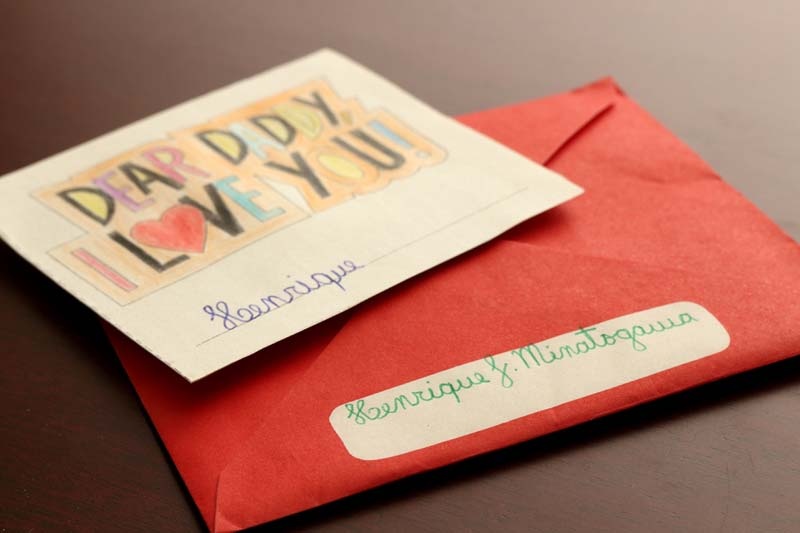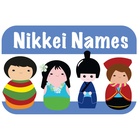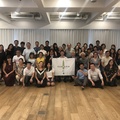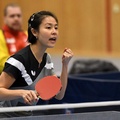When I was a child, I used to think my name was too long. So, I shortened it by writing “Henrique J. Minatogawa.”
Even now, I keep that habit. My friends frequently ask: what does the “J.” mean? It reminds me of that Simpsons episode in which Homer is trying to discover his middle name.
When I answer it is “José,” some do not believe me. I have to show my ID to prove it. “I thought it was Jun,” most of them reply.
I do not have a Japanese name or middle name. Among my Japanese descendant friends, all of them have Western names; most have Japanese middle names, such as Yukio, Tsuyoshi, Hiro, Takeshi, Hideki, Masao, Eiji…
When I was a kid, I asked my parents for the reason. My father explained that, in his family (from Okinawa prefecture), there was a tradition that male names would always begin with “Mo.” So, my uncles are called Moei, Mojo, Moukin, Mohan, Moichi, and so on.
Another family custom is to not repeat names among relatives. So, to choose a unique “Mo” name would probably result in something that would sound strange in the Brazil of the ’80s, when I was born. At that time, Japanese culture was much less known than it is today.
Hoping to spare me from some annoyances, my parents decided that I would not have a Japanese name. In fact, at school, when teachers found any different name, they would usually say it wrong.
Still today, when I say my full name at front desks of shops, banks, schools, etc., I frequently have to repeat, spell, or even write it myself. Therefore, I think my parents had good reasoning when they chose my name.
My parents themselves do not have Japanese names officially registered, just like other second generation descendants that were born right after the end of World War II. My grandparents opted to make smoother the integration of their children to Brazilian society.
Ironically, my Western name provoked curiosity when I lived in Japan. In the beginning, my friends did not know the “h” was not spoken. Another difficulty was the “qu,” that many did not know how to pronounce.
From German origin and Portuguese, French, and English derivatives, the name is not very common for Nikkei in Brazil. I only know two other “Henriques.”
At work, I use only “Henrique Minatogawa,” just to be practical. “José,” my middle name, is my father’s name. I am glad it is present in my name.
In the future, if I have kids, I want to choose a Western name plus a Japanese name. In fact, they are already decided, but it is a secret.
However, I do not think all Japanese descendants must have a Japanese name, besides the family name, of course.
It is very interesting that people can have names from other origins, from other cultures. In the end, I believe everything becomes so natural that people even say “you look like a Henrique.”
© 2014 Henrique Minatogawa







